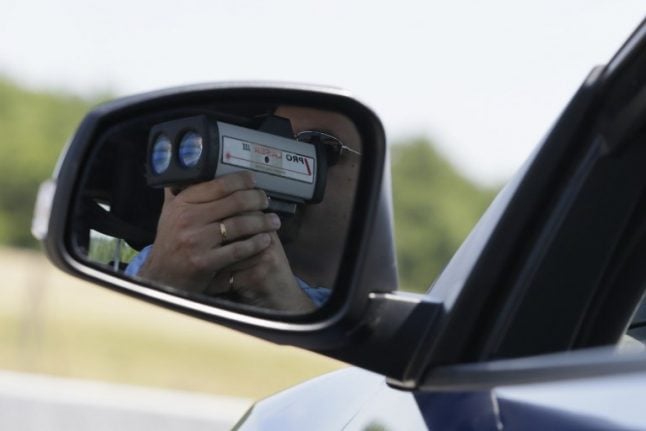- Where in France are the countryside roads the most dangerous?
- How France aims to make its roads safer for drivers and pedestrians
 Photo: AFP
Photo: AFP

The first cars designed to snare speeding drivers in France managed by private companies instead of the French police are set to take to the roads in Normandy on Friday before being rolled out across the rest of France.

 Photo: AFP
Photo: AFP

I agree with the comment about issuing more speeding tickets does not nesessarily increase road safety. However, I do understand something has to be done. Why doesn’t France have a point system like the UK? Surely just the thought of having your license taken away from you for (what is it?) two years, would be enough to make people drive slower?